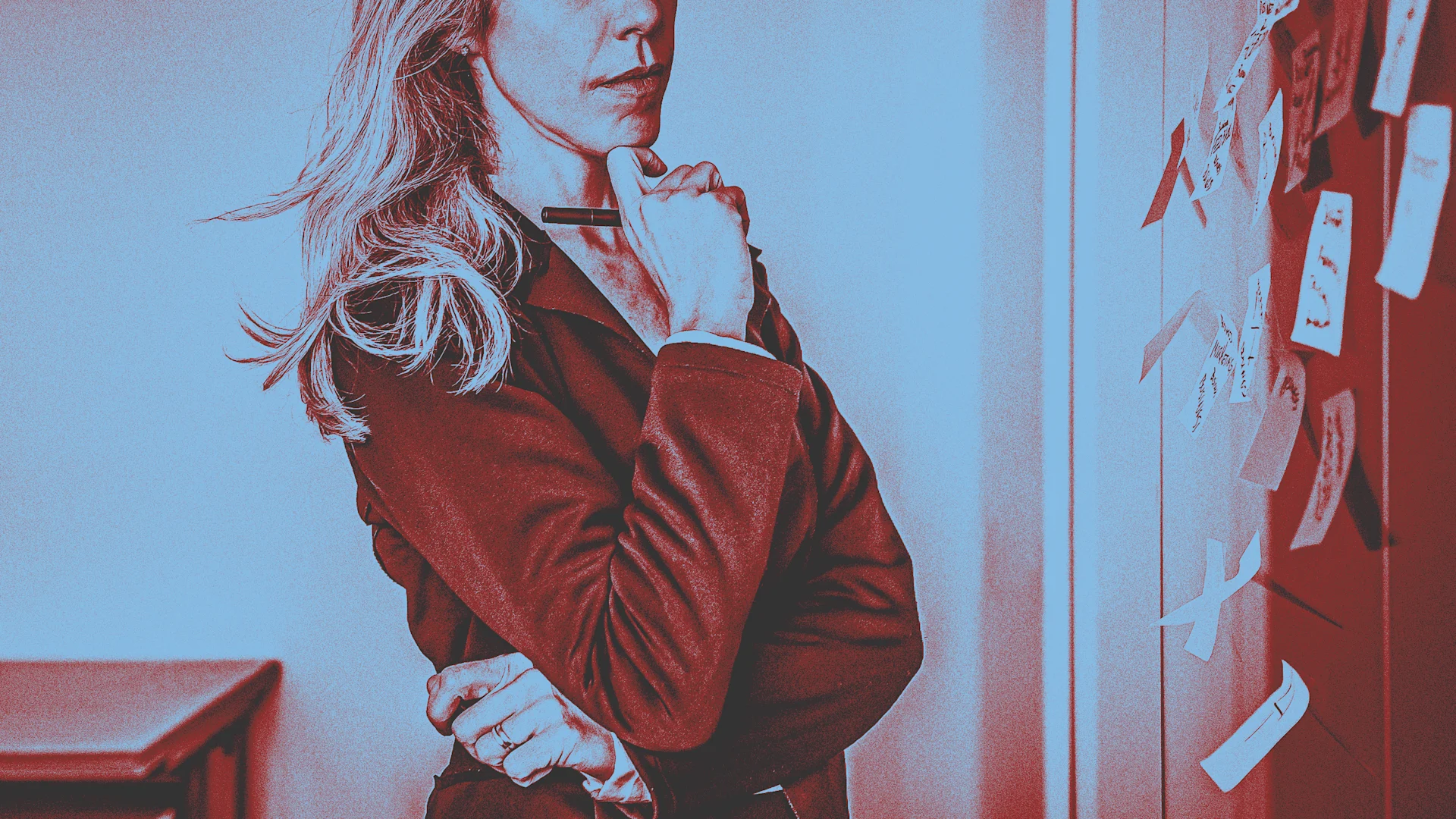Life happens somewhere between trying to make it happen and letting it happen.
Aa child, I saw war and famine. As a college student, I worked as a janitor on the graveyard shift; as a serial entrepreneur since the early 90s, I have been traveling the cutting edge world of innovation, technology, and global business; as a author for two decades, I have been exploring the intersection of science and humanities; and as a traveler, I have been roaming around the globe with utter gratitude.
We all have stories.It was August of 1986. I had just finished my first summer semester at SIU after arriving from Bangladesh. I was 17 and a student of the College of Engineering. After paying my tuition fee for summer and fall, I had $700.00 to survive, get educated, and move forward with my life! My new American friends suggested I introduce myself to the ‘art and science’ of on-campus ‘janitorial engineering’ — quickly, if wanted to survive! I had the graveyard shift. I got so good at buffing floors (given my obsessive compulsive nature) that before long I was asked to clean the offices of the University officials. This is where my ‘adulthood’ begun. Read More >
When I was a kid, I wanted to become an entrepreneur, engineer, and an inventor. And I have been passionately pursuing that dream since my teenage days. I built his first commercial software product at the age of 19 while studying at the University of Minnesota, and went on to hold management positions in Pitney Bowes and then Dun and Bradstreet. In 1991, Pitney Bowes recruited me to join one of their R&D groups before he finished his undergraduate degree.
In 1994, GE recruited me, then one of its youngest technology executives, to launch one of the industry’s first comprehensive B2B electronic commerce spin-offs, leveraging my innovation from one of my startups.
As a serial entrepreneur, I have raised venture capital from angels, strategic partners, and institutional investors to fund my innovative business-to-business startups. And like some founders, I too got ousted from serving as CEO from my own company and survived recession after recession. Regardless of the situation, I have never abandoned my entrepreneurial spirit.
I went on to play a variety of roles including CEO, Chairman of the Board, and an advisor to F500 boards and management. I have architected customer/partner/joint-venture/business transformational relationships with cross industry, private and public sector global brands such as GE, MasterCard, American Express, Northrop Grumman, PepsiCo, IBM, Home Depot, Netscape, Infosys, French Social Security Services, Gartner, Cambridge Technology Partners, JP Morgan Chase, CSC, and others.
What I did not realize then is how much personal gratification I would get from writing. For me, writing is one of those happy discoveries that have helped me to connect better with my purpose, my world, and myself.
A decade ago, when I started writing, I was motivated by my businesses to build thought leadership brands. But over the years, as I got deeper and deeper into writing, the greatest satisfaction came from writing for myself, from my heart. Anne Frank once said, “I can shake off everything as I write; my sorrows disappear, my courage is reborn.”
I am no Anne Frank, but I can certainly relate to her sentiments. Writing is a way to find inspiration for yourself and others. Just like you don’t have to be a chef to cook for yourself, you don’t have to be a professional writer to get the benefits of writing.
I have penned several books, including Everything Connects — How to Transform and Lead in the Age of Creativity, Innovation and Sustainability and Survive to Thrive — 27 Practices of Resilient Entrepreneurs, Innovators, And Leaders.I regularly contribute to Fast Company, Business Insider, and others. My work has also appeared in the Wall Street Journal, BusinessWeek, Fox, CBS, Financial Times, Mergers & Acquisitions, Forbes, and Leadership Excellence, Huffington Post among other publications.
Here are the 12 critical lessons (in no particular order) I had to learn along the way:
1. Nothing in life is perfect. If we fail to accept and celebrate the very essence of the imperfect universe, then, as leaders, we overlook talented people; as entrepreneurs, we ignore opportunities; as professionals, we fail to contribute; and as people, we don’t live with gratitude.
2. There is a dividing line where science and technology ends, and basic humanities or so called “soft-skills” have to step up to the plate — critical thinking, communication, empathy, mindfulness, resiliency, decision-making, self-awareness, etc. — skills that make us better leaders.
3. In rough waters when there is no one to call upon, it is our skills that save us. Mastering our skills requires utter devotion. It is only through daily devotion that we improve our authentic craft. Devotion is our best sustainable self-investment.
4. Doing one thing at a time will lead to higher-quality and, in many cases, faster output. Stop trying to multitask, and instead practice focusing on one thing at a time. “Monotasking” is a skill worth developing. Living in the moment doesn’t mean we don’t care about the future.
5. Acting fearlessly often means heading into uncharted territory, challenging conventional paths, or putting aside the need for safety and comfort. Where do we get the energy to do so? Usually from our authentic purpose — our personal calling in life.
6. The more things we try, the more likely we are to fail. And that’s very much the essence of being human. Failure and adversity inherently invokes pain, suffering, and disappointments. Accepting and growing through our pain is part of our growth.
7. It doesn’t matter what we do, where we do it, or how well we create, we don’t succeed without the right people on our side.
8. It takes more courage to say no than to say yes. But if we do it, we protect ourselves from making poor decisions. ‘No’ helps us stay focused and prevent unnecessary complexity and wrong turns. It keeps us from getting involved with the wrong people.
9. It is important to avoid people who bring us down, waste our time, take us backward, and have no empathy in our suffering. We have to make deliberate efforts to spend time with people who uplift us and make us stronger.
10. Inspiration can come from anywhere and anyone. Mine often comes from cooking, writing, listening to music, meditation, or watching movies.
11. Let yourself zigzag a little and embrace happenstance. It’s not a wasteful luxury. Think of it like driving a car without worrying about the destination — you’re just on the road to enjoy the sights, scenes, and smells; pay attention to them, and you’ll begin to know where you’re heading.
12. Sometimes ignorance is an important prerequisite for accomplishing big things. We can be skillfully ignorant by acknowledging that it’s a complex, maybe even opaque world we’re just setting foot in. A beginner’s mind, then, can be an asset. But only if you take the right approach–avoiding negative patterns–for making a new beginning.
And most importantly, I had to learn that life happens somewhere between trying to make it happen and letting it happen. As one ancient folk adage has it, you pull the string too tight, it will snap. If you leave it too loose, it won’t make music when plucked. Adjust your expectations before you set out on something new. Know that the outcome can still fall short of your ideal and still count as success.
Happy trails my friends…
Copyright © 2018 by Faisal Hoque. All rights reserved.















